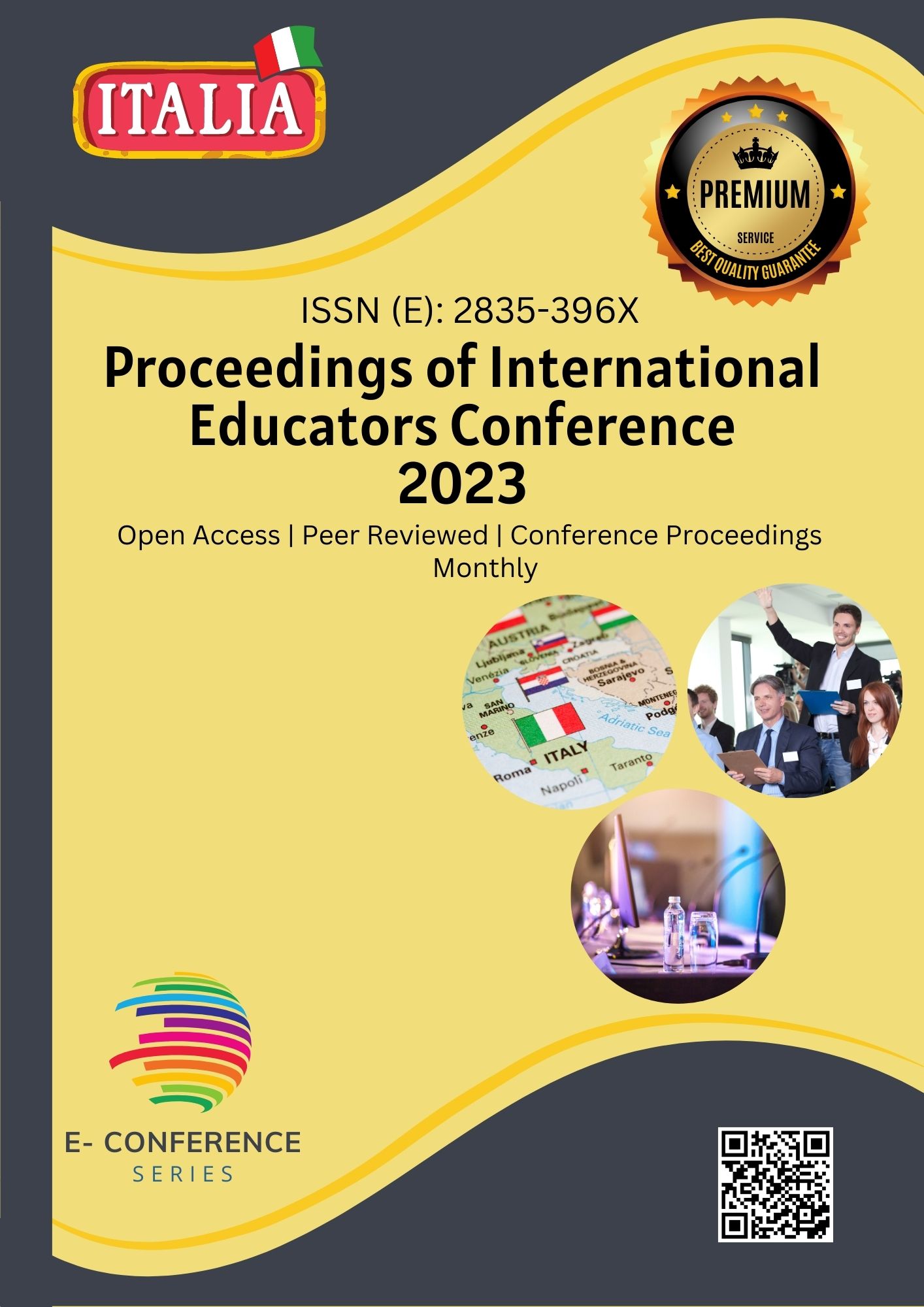STABILITY OF EMOTIONAL AND EMOTIONAL EXPERIENCES
Keywords:
Emotional stability, emotional experiences, psychological well-being, longitudinal studies, emotional resilience.Abstract
This article investigates the stability of emotional experiences over time, aiming to shed light on the factors influencing emotional stability and its implications for psychological well-being. The study employs a longitudinal approach, analyzing data gathered from a diverse sample to discern patterns and trends in emotional experiences. The findings contribute to our understanding of emotional resilience and provide valuable insights for interventions aimed at promoting mental health.
References
Bar-On, R., Handley, R., & Fund, S. (2006). The Impact of Emotional Intelligence on Performance. In V. U. Druskat, F. Sala & G. Mount (Eds.), Linking emotional intelligence and performance at work: Current research evidence with individuals and groups (pp. 3-19). Mahwah, NJ: Lawrence Erlbaum Associates Publishers.
Chitale, A. K., Mohanty, R. P., and Dubey, N .R. (2013). Organisational Behaviour: texts and cases. India: PHI Learning Private Limited, 306-329.
Fletcher, C. (2001). Performance appraisal and management: The developed research agenda. Journal of occupational and organisational psychology, 7 (4), 473-487.
Fariselli. L., Ghini. M., & Freedman, J. (2006). Age and Emotional Intelligence. Retrived from https://www.6seconds.org/sei/media/WP_EQ_and _Age. Accessed the 12th April 2016, at 7.40 p.m.
Goleman, D. (2013). Working with Emotional Intelligence. Thomson Press India Ltd. New Delhi. 201, 205, 166, 167, 246. Krishnaveni, R. & Deepa, R. (2011,Sep). Diagnosing Employee’s Emotional Intelligence in the IT/ ITES sector of South India. Great Lakes Herald. 5 (2), 1- 23.
Orme, G. (2003). Emotional Intelligence and the performance of call centre staff. Competency and Emotional Inteligence, 10 (2), 40-41.
Shipley, N. L., Jackson, M. J., & Segrest, S. L. (Undate). The effects of emotional intelligence, age, work experience and academic performance. Research in Higher Education Journal, 1-18. Retrived from http://www.aabri.com/manuscripts/10535.pdf
Downloads
Published
Issue
Section
License

This work is licensed under a Creative Commons Attribution-NonCommercial 4.0 International License.








